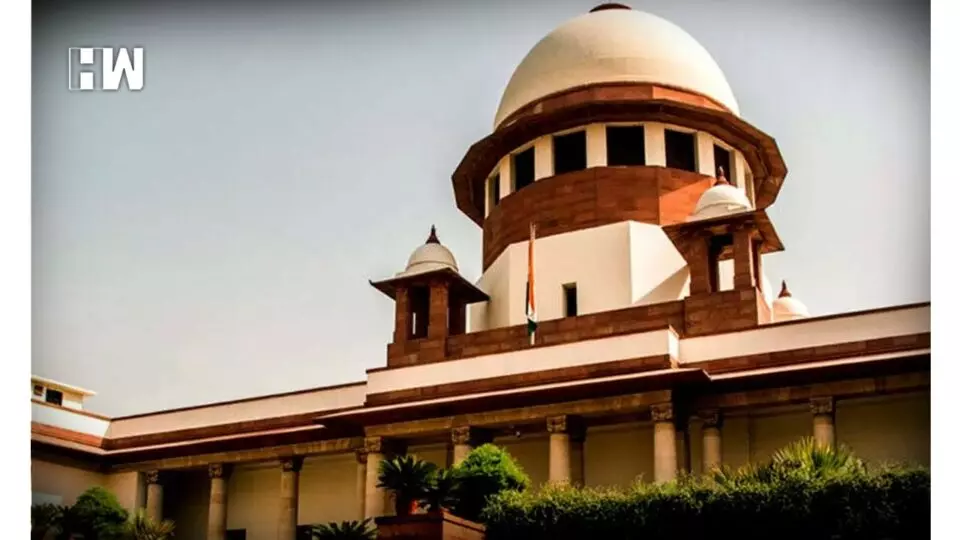New Delhi: The Supreme Court on Friday reserved its order on a plea seeking copies of the agenda, minutes, decisions, and resolution of a meeting of the Collegium. “Supreme Court is the most transparent institution,” the top court reiterated.
A bench of justice MR Shah and CT Ravikumar reserved the order on the plea filed by RTI activist Anjali Bhardwaj. During the hearing, Justice MR Shah remarked that the bench doesn’t want to comment on what former members of the Supreme Court Collegium say these days as it remarked that nowadays it has become a fashion for the former members, who were part of the Collegium, to make comments.
The bench said that the Supreme Court is the most transparent institution.
Also Read: “Will Stand & Fight Again”, Bilkis Bano To Move Supreme Court Over Release Of Rapists
The petitioner Anjali Bhardwaj, who was represented by advocate Prashant Bhushan and Ria Yadav, challenged the order dated July 27 2022 of the High Court of Delhi, which dismissed the petitioner’s plea for information under the Right to Information Act. The appellant in the RTI Application had sought a copy of the agenda, a copy of the decisions, and a copy of the Resolution of the meeting of the Collegium of the Supreme Court held on December 12, 2018.
(Except for the headline, this story has not been edited by HW News staff and is published from a syndicated feed.)
As an independent media platform, we do not take advertisements from governments and corporate houses. It is you, our readers, who have supported us on our journey to do honest and unbiased journalism. Please contribute, so that we can continue to do the same in future.


